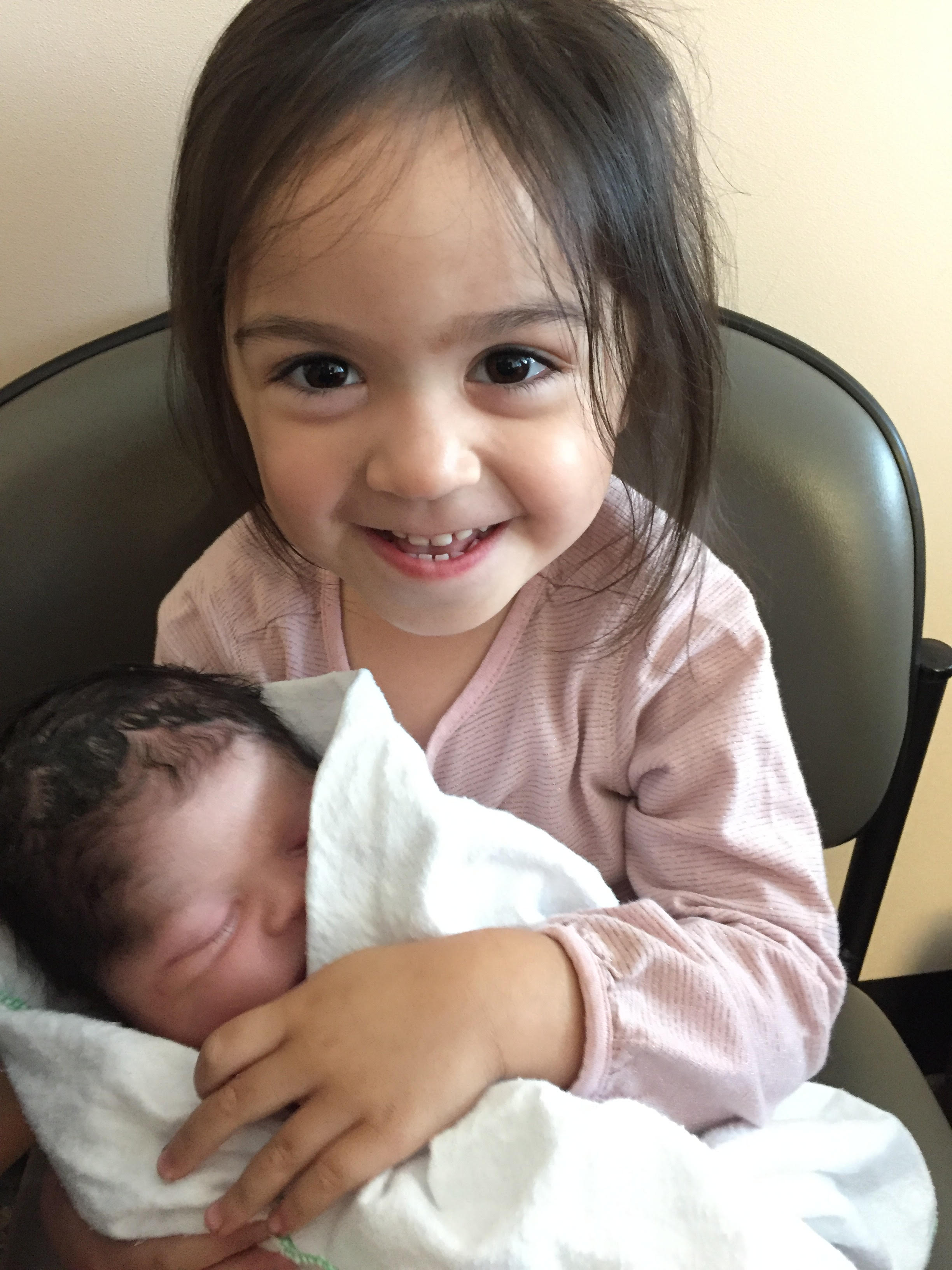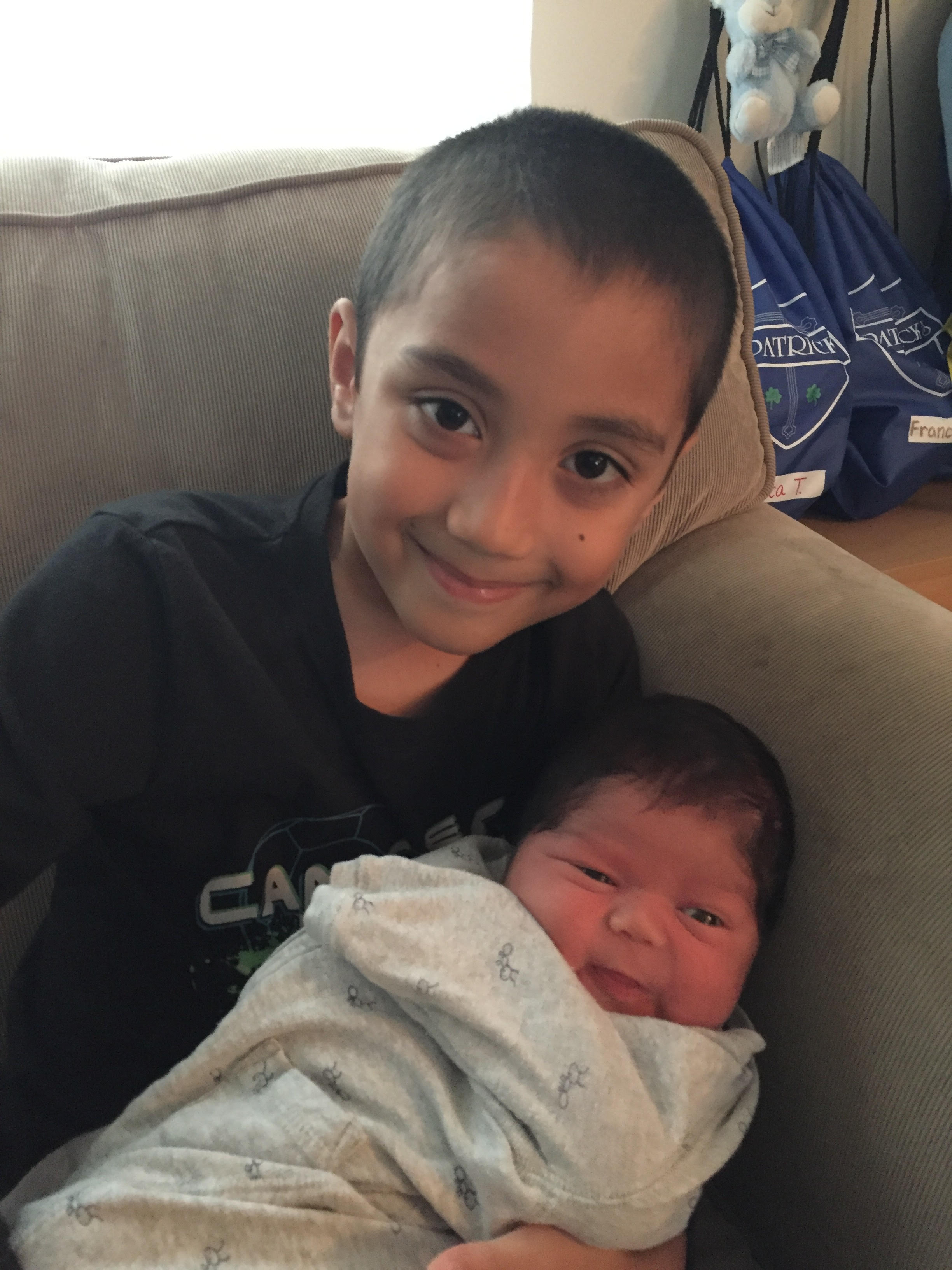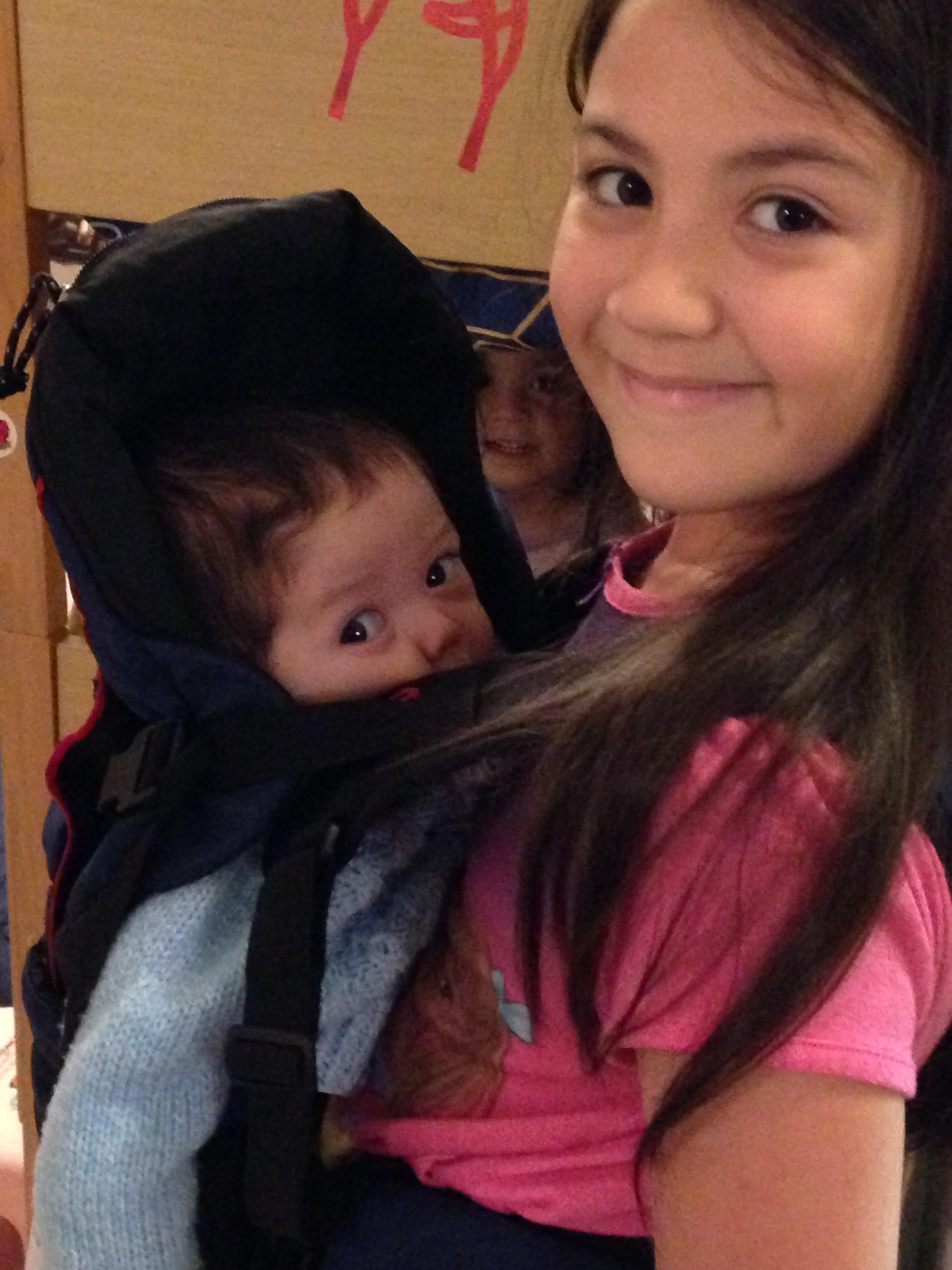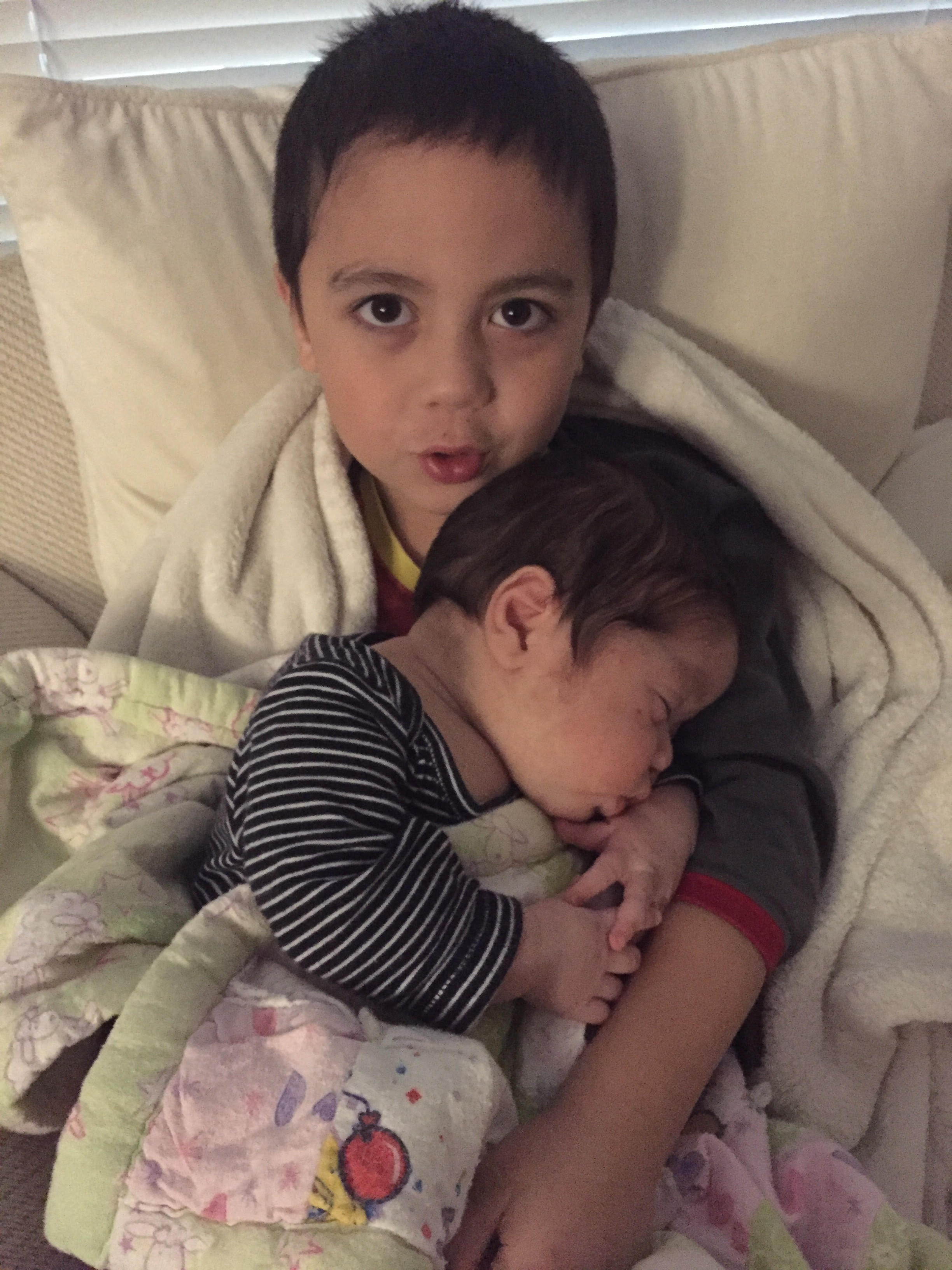As my family gathered to celebrate my mom’s 75th birthday, I sat at the table cuddling the latest addition to our family: my 3-month old nephew. As I cradled Carl, my mind wandered, prompted by the increasing temperature of the blanket on my lap that swaddled his body: “Did he pee through his diaper?” I wondered, “Or is that just warmth from body heat?” Thankfully it was the latter, but it caused my mind to reflect on the total dependency of Carl on other people. And then my mind wandered to the elderly, some of whom are just as dependent on others as babies are. And with society’s increasing acceptance of euthanasia, a topic of late that I have been giving presentations about, a thought came to mind:
“What if the world treated Carl like it sometimes treats the elderly?”
Would we leave him in his crib alone all day, turn the TV on for distraction but otherwise have minimal interaction with him? Would we scurry about to do lots of things but never take time to simply be with him? Would we possibly consider ending his life because, “What’s the point anyways? He can’t do much.”
Now some might say that Carl, as opposed to an individual at the end of her life, will one day be a “contributing” member to society, and his is a life we shouldn’t end. In other words, we would preserve Carl’s life for what might be, but we would end a dying person’s life for what is no more. But what if Carl never matured enough to do what most adults do? What if he only lived for the next 6 months—knowing that, would we kill him now or would we savor and celebrate the little time we have left?
And so, as I thought further, it occurred to me that our world would be a better place if we asked a different question: “What if we treated the elderly the way we treat Carl?”
If that were the case, we would sing and play music. We would smile, laugh, and engage. We would soothe during seasons of sadness. We would hug. We would look at the other and simply delight in them.
As I have watched my four other nieces and nephews interact with their littlest brother, I’ve noticed something: When vulnerable, needy people are in our midst, it can bring out the softer, gentler, more caring sides of us.
I think about my 7-year-old strong-willed nephew who demonstrates such reverence for his little brother, delighting in holding him and sweetly kissing his cheeks. I think about my 5-year-old nephew, a very sensitive child, who held his crying baby brother and repeatedly said “shh-shh-shh” until he had shh-ed him to sleep just like he observed his mom has done.
I think of my 3-year-old niece who loves to sing, dance, and be loud but who, when I arrived one day, crawled out from under the kitchen table and said “Boo” in the quietest of whispers because Carl was nearby sleeping. I think of my 9-year-old niece who’s like a second mother, carrying her baby brother around like a doll and who is so good at comforting him.
Far from being a burden, the presence of Carl draws virtue out of us. His need becomes an opportunity for our kindness. The same is true of the elderly—if we let that be the case.
A couple years ago my sister texted me a story from her evening: She was trying to put her then-youngest baby, my niece Cecilia, to sleep and promised her oldest daughter, Monica, that she would come to her room later and read to her. But it took so long to put Cecilia down that by the time she got to Monica’s room my eldest niece had fallen asleep—with the unread book in hand. My sister texted me a photo explaining what happened with the caption, “MOM GUILT!” So I texted back, “You’ve given Monica something better than a bedtime story—you’ve given her a sister.” She excitedly responded, “RIGHT! Perspective! Perspective! It’s all about perspective!”
I realize not everyone can give their child a sibling, but everyone can give their child, and themselves, encounters with those who are needy and vulnerable, be it the elderly or someone else. Perspective teaches that far from such encounters being burdensome, they can become moments to make life richer by being opportunities to enter into the human experience of love.





